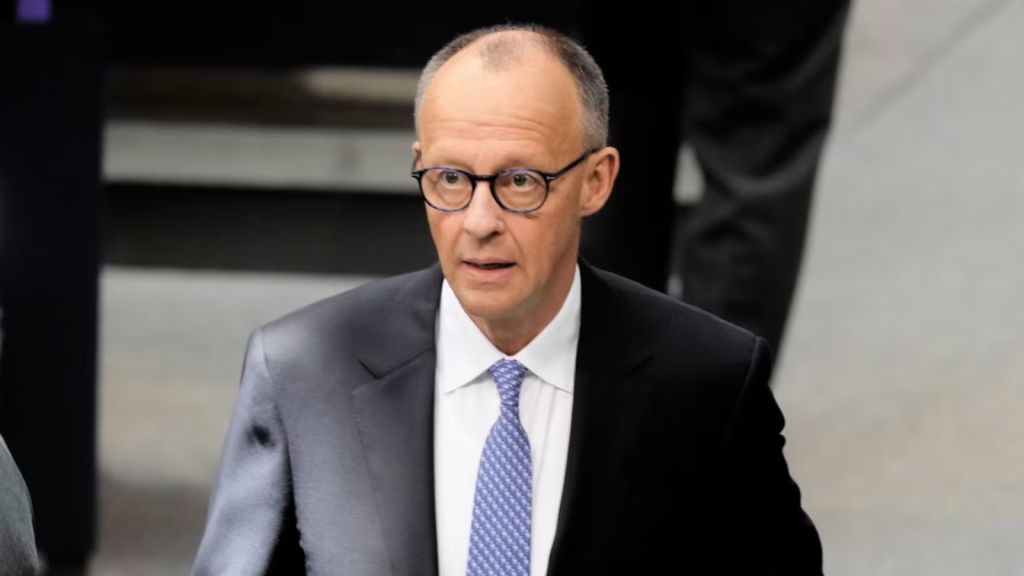Berlin, May 6, 2025— Move over,House of Cards. The Bundestag just served up a spicy episode ofDemocracy: The German Remix, starring none other than Friedrich Merz—Germany’s new Chancellor, finance-world aficionado, and a man who might just iron his ties with Teutonic discipline.
But before the gray-haired conservative finally got the keys to Angela Merkel’s old office (yes, they probably still haven’t changed the wallpaper), the German parliament treated us to a suspense-filled vote that nearly flopped harder than a Bundesliga team in the Europa League.
🎭 Episode 1: “Not So Fast, Friedrich”
Let’s set the scene: The Christian Democratic Union (CDU) and its Bavarian cousin CSU had joined hands with the Social Democrats (SPD)—because nothing screams stability like a coalition where everyone secretly side-eyes each other. Together, they had 328 out of 730 seats. So when Merz stepped up to get elected as Chancellor, everyone assumed it was going to be a clean sweep.
Plot twist: it wasn’t.
The first vote fell short. Merz got just310 votes, six shy of the 316 needed. It was the political equivalent of slipping on a bratwurst and faceplanting into a pretzel.
Gasps echoed through the Bundestag. Twitter—sorry, “X”—lit up. Was this a mutiny? A secret protest? Did someone forget to mark their ballot? Had Olaf Scholz snuck in wearing a fake mustache?
Even the AfD (far-right party) got excited, using the opportunity to call for snap elections. It’s unclear whether they were serious or just saw a chance to trend on German TikTok.
🧠 Episode 2: The Secret Ballot Strikes Again
The drama wasn’t about policy, vision, or ideology—it was aboutvibes. And those vibes were off.
The CDU/CSU-SPD coalition clearly had the numbers. But secret ballots have a way of exposing what peoplereallythink. It turns out some MPs were either making a statement or just really, really indecisive.
(Or maybe they were distracted by the Met Gala photos and accidentally voted “Billie Eilish for Chancellor.” We’ll never know.)
Cue emergency meetings. Cue tense whispers in marble hallways. Cue someone Googling “Can you get impeached before you’re elected?”
💼 Episode 3: Redemption Arc
After the near-fumble, the Bundestag reconvened for a second vote—this time with enough peer pressure to crack German engineering.
Friedrich Merz received325 votes. Cue polite German applause (probably very rhythmic).
At long last, he was elected Chancellor.
In a political world dominated by cautious centrists and big-talking populists, Merz is…well, a bit of both. He’s business-friendly, a fiscal hawk, and reportedly once tried to deduct an Excel license from his taxes. A former BlackRock executive, he enters office with a briefcase full of spreadsheets and a heart full of Ordnung.
🌍 Europe Reacts: “Danke, Finally!”
European leaders were quick to

